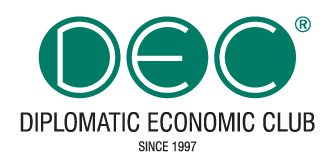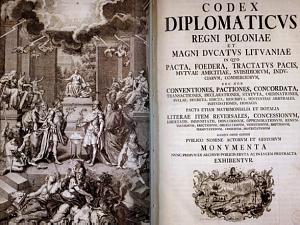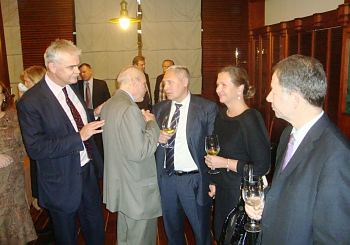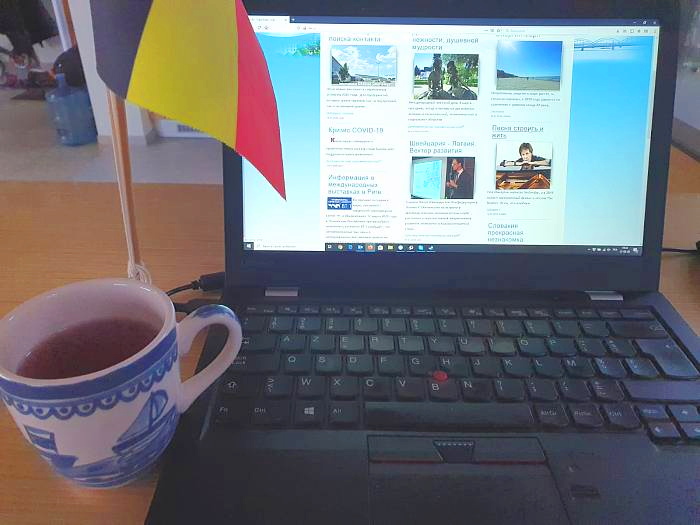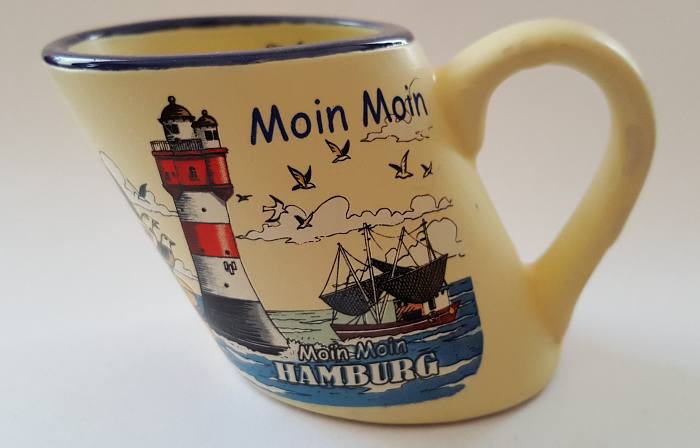The Baltic States would face even more stringent control in future
Some new signs have appeared in approaching economic governance in the European Union. They have been revealed during the European Council summit that took place in Brussels (4-5 February, 2011). It is about additional intergovernmental approach to national economic and financial policies.
Eugene Eteris, Baltic course
Some say, that the EU economic governance will cure all the Union’s ills. Probably. The question is how to achieve this „governance“ for both the eurozone and the rest of the Union member states. The existing „community method“ is clearly not enough; therefore Germany and France suggested something else: more intergovernmental control and cooperation. German government hopes that balanced budget laws at national level; including changes in constitutions (if necessary) will be the only solution.
Unequal partnership: widening gaps
Plans for further European integration have been again re-assessed in Brussels at the EU summit (4-5 February 2011). The problem is that economic issues are difficult to resolve due to the simple fact: there are different levels of development in the Union.
Macroeconomic imbalances among the EU-27 are great: some eurozone states are highly competitive (Germany) while others are not (Portugal, Greece, Ireland); these countries are at very critical situations in finances too.
Probably the most difficult problem in the EU is an ever widening gap between strong and week member states.
Another „gap“ is between the eurozone 17 and the „rest of the EU-10“. It is a failure to admit that 17 members using euro had much greater rights and responsibilities than the remaining 10 members, argued the summit participants.
National budget laws as a remedy
It seems that major eurozone partners, e.g. Germany and France have little respect for a revamped Stability & Growth Pact, which was discredited by the two states’ governments in 2003 violating the Pact’s main principles of public debt and budget deficit.
German government presently has another solution instead: underlining the importance of balanced budget laws at the member states’ level. This idea, if implemented fiercely (including even constitutional amendments, if necessary) would help to cure both eurozone’s and the whole EU’s ills.
Some argue that the biggest problem is that monetary union is functioning without an economic union. For example, Jacques Delors, former president of the Commission and father of the euro acknowledged on the eve of the summit that there were existing „imbalance between the economic and monetary spheres“ due to the lack of sufficient coordination of member states’ economic policies.
Still another aspect of the problem: the EU legislative process, according to German officials, is too cumbersome for eurozone states to reach progress in economic cooperation.
European pact for competitiveness: German-French plan
The German proposal sets out a three yardsticks to measure European competitiveness. The first is stability of public finances, i.e. within the Maastricht rules on public debt and budget deficit. The second is stability of unit wage costs as an indicator of price competitiveness. And the third is the minimum rates for investments in R&D, education and infrastructure.
The pact for competiveness is based on cardinal reform in economic governance. Six main proposals are on the agenda:
- Scraping wage indexation schemes (common wage system in Europe?);
- Agreement on mutual recognition of qualifications to promote labour mobility; Common basis for assessment of corporate/company taxation;
- Adaptation of pension systems according to national demographic trends;
- Making a constitutional clause in the member states to curb public borrowing and excessive deficits;
- Introduction of national crisis resolution regimes for banks.
Some weeks ahead
During the summit the EU-27 leaders agreed „on the process“ without particular measures. The member state have to agree on details and particulars: measures, objectives and tools will be negotiated. European leaders were ready to give Herman Van Rompuy, the EU president, the task of finding agreed measures at the emergency summit in early March.
So, the member states still have some weeks to figure things out…
Full text at the website of The Baltic Course


